At home with Frankel, the racehorse turned super-stud

Roula Khalaf, Editor of the FT, selects her favourite stories in this weekly newsletter.
When the British thoroughbred Frankel won the 2,000 Guineas at Newmarket in 2011, he was 10 lengths clear of the opposition at halfway. His lead, almost unheard of in a classic race, provoked fears that he had bolted. But thanks to his incredible stride and huge heart and lung capacity he was simply a different class – winning easily by six lengths. His trainer Henry Cecil described Frankel as the best horse he had ever seen and, in all likelihood, “the best there’s ever been”, and in 2012 he retired following an undefeated 14-race career. It’s a record that has remained unbroken. Eleven years later, Frankel lives happily in his birthplace at Banstead Manor Stud in the village of Cheveley near Newmarket, a place of pristine lawns, mature trees and lush green paddocks where other priceless assets, such as Enable, the highest-earning European-trained mare of all time, spend quiet days with their foals.
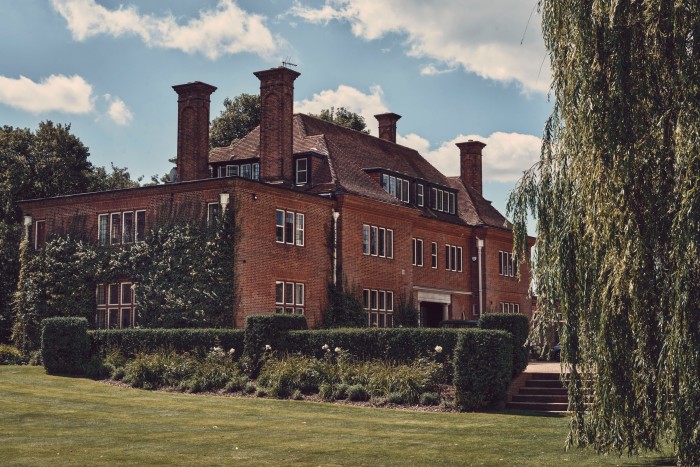
Thoroughbred racehorses have long captivated rich men and women – from kings and potentates to self-made millionaires. And while there is glory and exhilaration in having your colours carried to victory in one of the world’s great races, there are hopes, once a horse has run its final furlong, that a colt or filly will prove successful in their second career: at stud. Investing in bloodstock, however, is not like buying a work of art. A stallion whose performance on the turf was exemplary may turn out to be infertile: a mare may lose her foal.
The 379-acre Banstead Manor Stud is the European headquarters of Juddmonte, which owns eight stud farms across America, Ireland and the UK. It was founded in 1980 by Saudi Arabia’s late Prince Khalid Abdullah – a businessman whose private investment company Mawarid has interests in finance, property and telecommunications – and its green, pink and white silks have been associated with some of the greatest names in racing history. Its first classic winner was Known Fact, victor in 1980’s 2,000 Guineas at Newmarket; Dancing Brave won a host of trophies including the 1986 Prix de l’Arc de Triomphe; and then came Frankel, now arguably the world’s most famous and sought-after stallion. Such is Juddmonte’s prestige that in August Abdullah, who died in 2021 aged 85, was posthumously inducted into the QIPCO British Champions Series Hall of Fame, joining a small, select human and equine group that includes Frankel and Queen Elizabeth II.

A walk across Banstead Manor’s garden leads to the red-brick stallion barns where Frankel and his fellow sires Kingman and Oasis Dream hold court. A sleek, handsome bay, Frankel is the image of equine perfection. Not every champion racehorse takes to mating with equal élan, but UK general manager Simon Mockridge says Frankel is a “one jump breeder” – his fertility rate has been over 90 per cent for the past three seasons and he has had 196 partners in 2023 alone. Some mares are owned by Juddmonte while others belong to rival owners prepared to pay £275,000 for his services.
The fee is both a reflection of Frankel’s market value and Juddmonte’s continued position atop bloodstock’s commanding heights. “Juddmonte is one of the most successful and respected operations in the world,” says Jason Singh, marketing manager of Tattersalls Bloodstock Auction House in Newmarket. “It has consistently bred top-class racehorses and its horses in training and breeding stock are always in high demand.”
At the time of writing, Frankel had sired 31 Group One winners (Group One being the highest class of race on the flat) including the 2023 classic victors Chaldean and Soul Sister; the first and second in the 2023 Juddmonte International at York; the 2022 Prix de l’Arc de Triomphe heroine Alpinista; and the 2021 Derby winner Adayar. He is the joint-fastest stallion to produce 100 stakes winners, and sired the four highest-priced lots at Tattersalls October Yearling Sales in 2022. These included a colt called Diego Velasquez who was bought for 2.4 million guineas by Coolmore Stud (horses are still bought and sold at public auction in the UK in guineas – £1.05) and is as short as 8-1 for next year’s Derby.
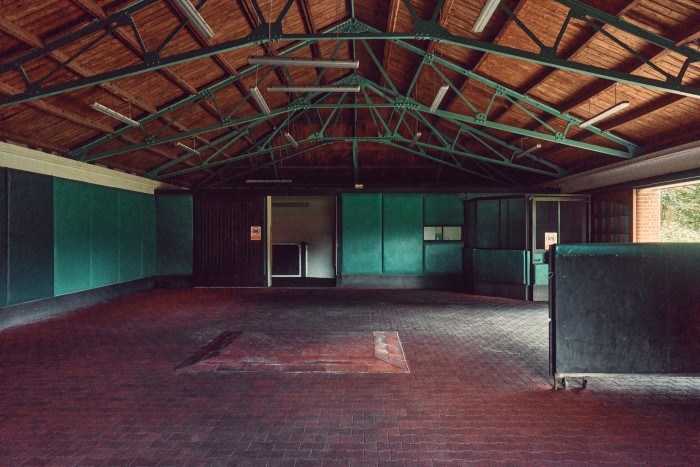
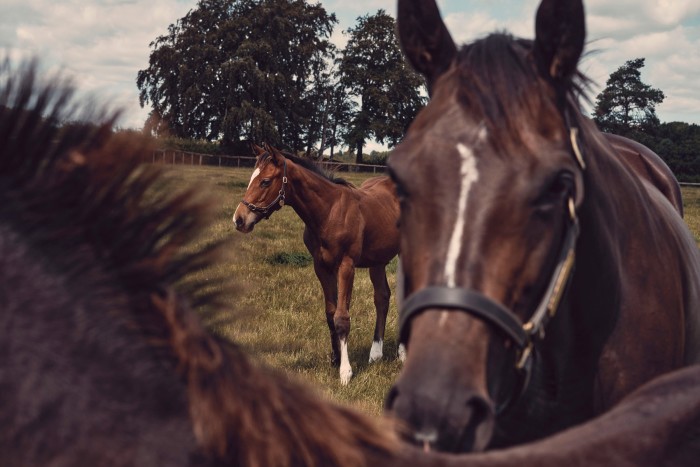
It’s rare for Juddmonte to pay that much for a yearling themselves. “The prince had his passion, but he ran it like a business,” explains Douglas Erskine Crum, Juddmonte CEO and former chief executive of Ascot racecourse. “We will set a budget for a horse at the sales, and we won’t exceed it.” Other big international players such as Ireland’s Coolmore Stud and the Godolphin stable owned by Sheikh Mohammed al Maktoum of Dubai own a greater number of horses and have spent eye-watering sums acquiring them.
The motto is “no change unless you really have to” and each new crop of foals is conditioned in the same tried and trusted way. Continuity of people and bloodlines was the key aspect of Abdullah’s strategy. “The prince engendered loyalty,” stresses Erskine Crum, and the Juddmonte staff are testament to that: Rory Mahon, manager of the Irish operation at Ferrans Stud, has been with them for 42 years; general manager in the US Garrett O’Rourke has worked for them for 30; Mockridge started out at Banstead Manor in 1987.
Likewise, there has been a continuity of trainers, including the Frenchman Andre Fabre, who has trained 16 per cent of Juddmonte’s 127 Group One winners, and Roger Charlton, who trained Frankel’s mother, Kind, as well as Abdullah’s first Derby winner, Quest For Fame.
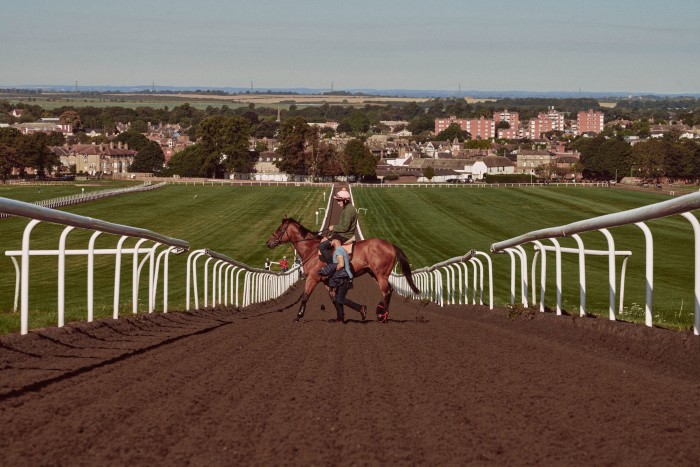
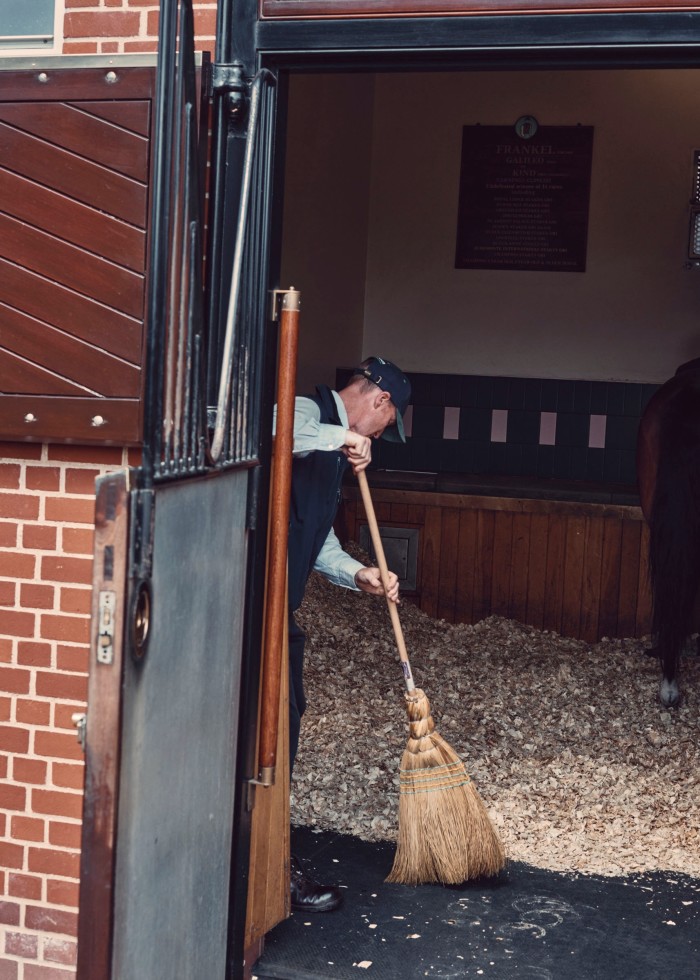
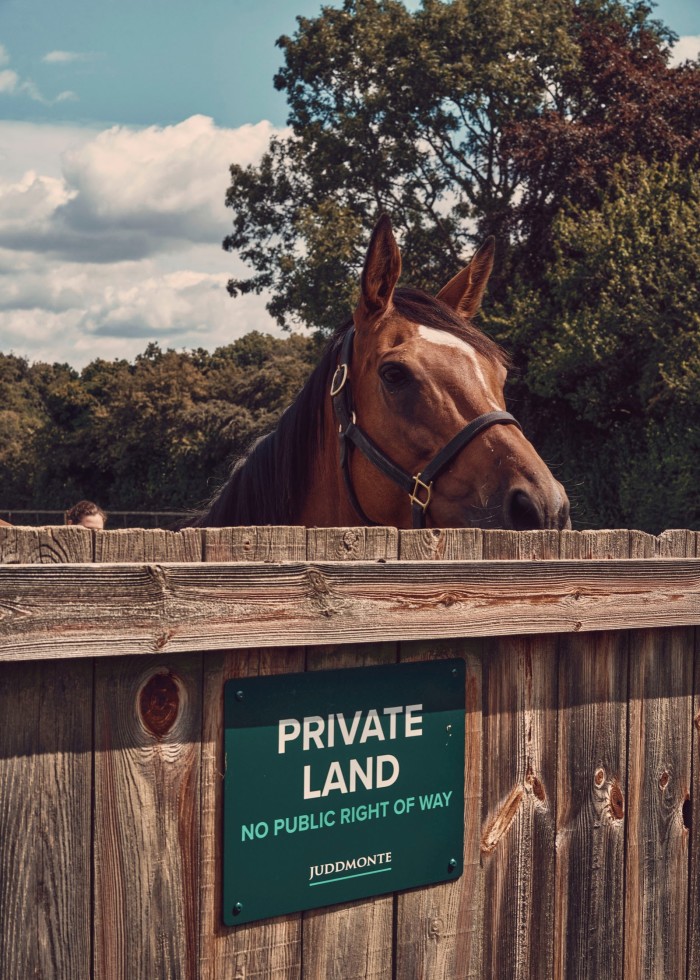
“The prince really loved the horse as a breed,” says Charlton. And he was totally hands on: “He was the one who made the decisions about which mare went to which stallion. He was a very quiet, polite person – in the event of winning a big race he was never going to be jumping up and down shouting. But the evening after Quest for Fame won the Derby, he rang me and very quietly said, ‘Thank you very much, that means a lot to me.’”
Quest For Fame was the son of Juddmonte’s 1985 Arc-winning stallion Rainbow Quest, and there are similar hopes for the sons and daughters of Frankel. But no shrewd owner-breeder bets all their chips on just one or two horses. A third of Juddmonte’s bloodstock is based in the US, where the prince supplemented his homebreds with colts bred for the top American dirt-track races. In July this year, Juddmonte’s five-year-old champion sprinter Elite Power completed an eight-race winning streak at Saratoga. “This is very satisfying,” said Juddmonte’s O’Rourke. “Sprinting isn’t anything we’d ever really geared our programme for before.” Bloodstock writer Martin Stevens also notes that Juddmonte’s strength is in limiting its operations to set regions – and not over-expanding into the southern hemisphere or the Far East.

When Abdullah died, there was speculation in racing circles about his legacy. Were his own sons and heirs, Prince Fahad, Prince Saud and Prince Ahmed, as committed to the stud? Will there be more champion stallions and mares in the years to come? Might Juddmonte scale back its involvement, or even consider selling to a rival enterprise?
“We are expanding, not cutting back,” says Erskine Crum, when asked about the future. As evidence, he holds up the “Green Book”, a list of all the Juddmonte horses and their bloodlines. When it was first compiled in 1980 it ran to 55 pages. The 2023 edition is 455 pages long. “There have been a few subtle changes,” says Erskine Crum. “We reduced the broodmare band from 300 to 200, and we’ve sold a property in the UK and one in the US. But Prince Fahad, Prince Saud and Prince Ahmed now make all the major decisions on purchases, sales and matings – and everything Prince Khalid did, they do. My job is to look after the legacy of Juddmonte while increasing its value.”
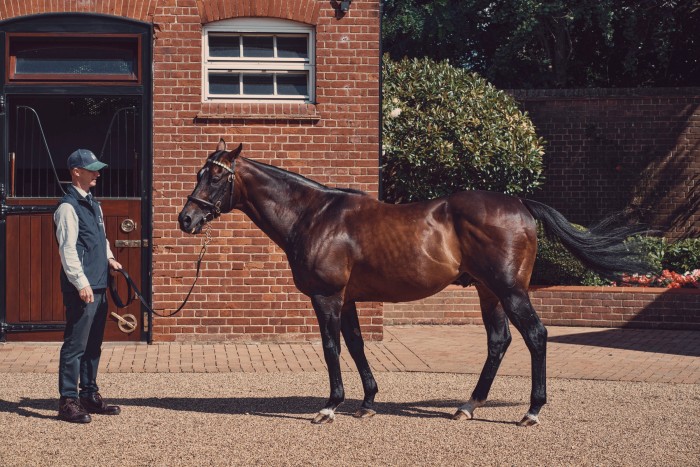
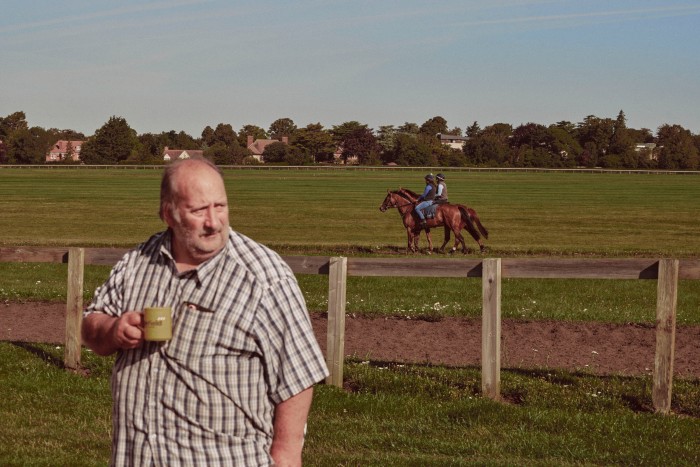
Juddmonte’s “prospects are looking very rosy at the moment”, says Singh, citing Frankel, Kingman, and Frankel’s son Chaldean, who is likely to be standing at Banstead Manor in the near future. “Those stallions give them a significant income as well as access to top-quality bloodlines. At the moment they don’t need to change a lot as it all seems to be working very well.”
Rod Fabricius, former managing director of Goodwood racecourse and now director of the bookmaker Fitzdares, agrees. “The team effort... is remarkable. Looking forwards, success will depend on finding more Frankels, which won’t be easy, but that is the challenge!” He also looks to Juddmonte to set an example: “Given that the empire and in particular, the Prince, never courted controversy, it may be essential for Juddmonte to take a lead on major issues facing the racing game – not least what racing surfaces to boycott [the safety of dirt track racing, for example], and making wise decisions when it comes to things like AI and whether stud owners will use it in mating practices, and artificial insemination [which is currently banned].”
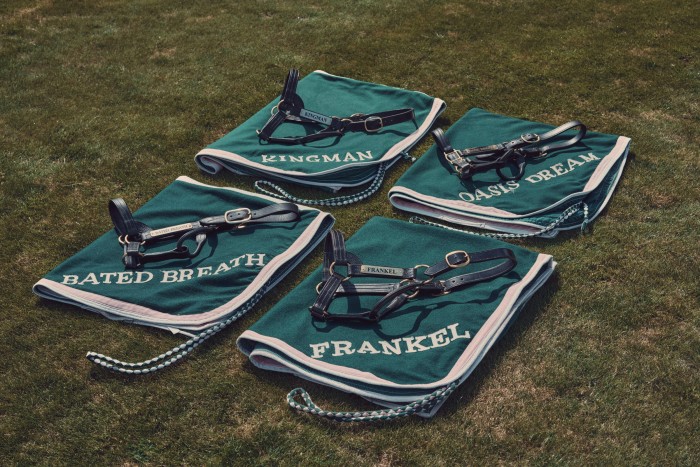
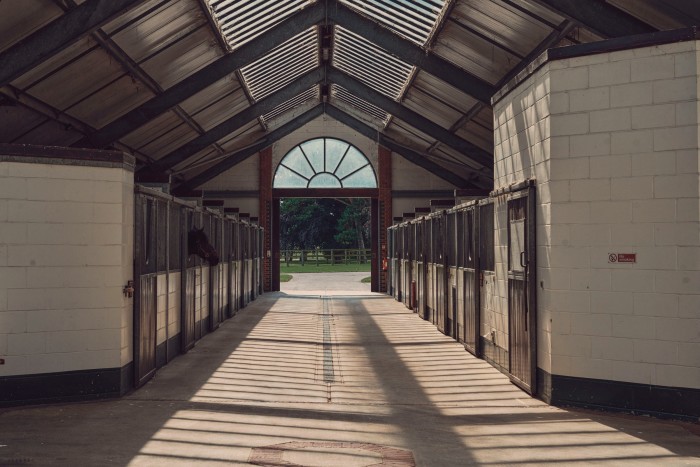
Few sports seem to be exempt from big-spending Saudi overtures – from golf to football, cricket and Formula One. One day the Saudi Public Investment Fund may turn its attention to the turf. As Erskine Crum observes, there “are definite plans to introduce more high-quality racing in Saudi Arabia itself”. The country already stages the $35.35mn Saudi Cup, the world’s richest horse race, each February. But Juddmonte’s prestige is the result of one man’s singular pursuit rather than a national quest for global influence. In the words of Frankel’s jockey Tom Queally, “It was the work of years and years of breeding to produce a horse with the excellence of Frankel.” Tom Magnier, son of John Magnier, the owner of Coolmore, one of Juddmonte’s biggest competitors, said simply that the prince “left a remarkable stamp on the industry”.
At Banstead Manor they remember the prince as never being happier than when walking around the paddocks and barns. “Which was your favourite horse?” he was asked a few years before his death. The prince smiled. “All of them.” Of course.
For more about the QIPCO British Champions Series Hall of Fame, visit horseracinghof.com


Comments